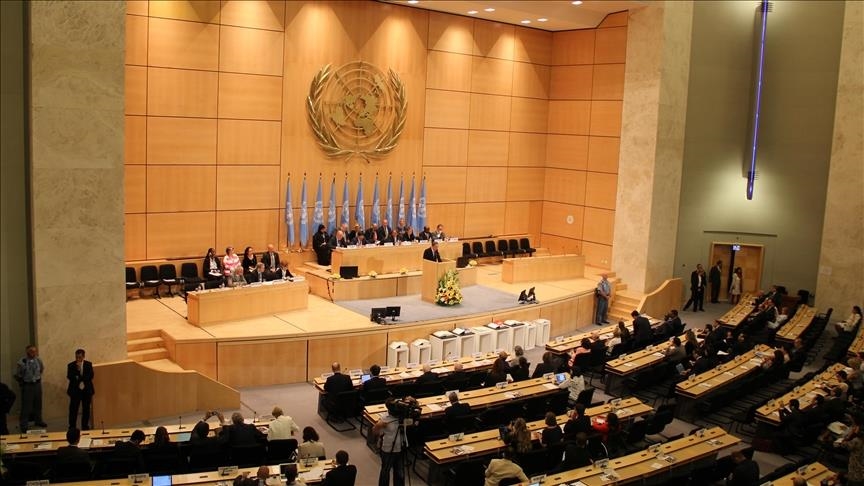
ISTANBUL
The UN Trade and Development (UNCTAD) said Thursday that global public debt rose to $102 trillion in 2024, with $31 trillion belonging to developing countries.
Developing economies also paid a record $921 billion in interest, up 10% from the previous year, straining budgets and putting vital public services at risk.
"Debt can be a powerful tool to finance infrastructure and improve lives. But when it becomes too large or too costly, it holds back economies and undermines development," UNTCAD said in its "A world of debt" report.
The report said there were stark contrasts in debt burdens among developing countries.
Asia and Oceania held 24% of global public debt, followed by Latin America and the Caribbean at 5%, and Africa at 2%.
"Worldwide, public debt burdens vary significantly across countries, depending on the terms of financing and the types of creditors to which they can access. Systemic inequalities in international financial systems are making things even more challenging," it said.
The report emphasized that developing regions have been borrowing at rates two to four times higher than the US since 2020.
In 2023, developing countries paid $487 billion to lenders abroad. Half of those economies spent at least 6.5% of their export earnings to repay external public debt.
The report stressed that due to high interest rates, low global growth and rising uncertainty, it continued to strain public finances and make it harder to sustainably manage debt as
"A record 61 developing economies spent at least 10% of their government revenues on interest payments, leaving less for critical areas like health, education and climate action," the report noted.
Currently, 3.4 billion people live in countries that spend more on interest than on health or education, it said.
The report suggested making international economic governance more inclusive, improving access to liquidity in times of crisis, fixing the international debt system and providing more affordable finance and technical support to tackle the growing debt.
Anadolu Agency website contains only a portion of the news stories offered to subscribers in the AA News Broadcasting System (HAS), and in summarized form. Please contact us for subscription options.







